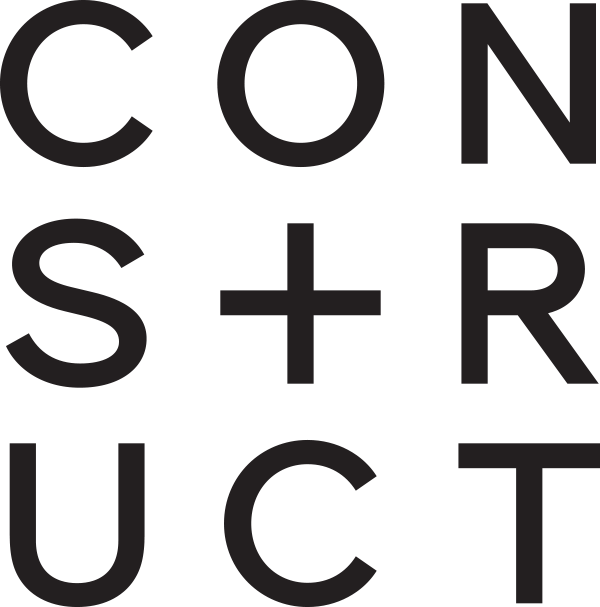Welcome to the New Normal

Welcome to the new normal
Home working, home schooling, huge business disruption, a re-thinking of priorities and some difficult pragmatic decisions.
Our concern above all is the health and wellbeing of our staff, clients, suppliers and friends.
The silver lining to these extraordinary circumstances is the insight we have gained into each others families, home lives and inspirations.
Over the last few weeks in the studio we’ve been sharing our favourite books, films, playlists and podcasts to keep each other sane.
We thought you might enjoy them too, or better still share yours with us…
Take care and we look forward to seeing you soon.
Construct X
—
Podcasts
Curious about the origin of the fortune cookie? Invisible tells fascinating stories behind the parts of our world that we don't always pay enough attention to; listen in for the finer details on the everyday. Bonus, host Roman Mars has one of the smoothest voices in podcasting.
The Secret History of the Future
Does the past hold the key to the present? The Economist’s Tom Standage and Slate’s Seth Stevenson examine the historical precedents that can transform our understanding of modern technology. Every week journalists delve into history in order to predict the present, worth a listen to find new ways of looking at the modern world.
Hosted by Twitter’s European vice president, Bruce Daisley, Sleep Work Repeat focuses on how individuals and businesses can improve workplace culture. In each episode, Daisley interviews different guests, including Sue Unerman on gender inequality in the workplace, Rob Briner on evidence-based management and Cal Newport on digital minimalism.
If you like long form interviews Tim Ferriss is one of the best, he has a huge range of guests (everything from creative, science and business, to tech, sports and sex workers) and the conversation is always massively indepth, thoughtful and insightful.
We specifically liked:
279: the Most Curious Man in Hollywood, Brian Grazer
366: The Interview I've Waited 20 Years to Do, Neil Gaiman
125: Derek Sivers on Developing Confidence, Finding Happiness, and Saying "No" to Millions
138: How Seth Godin Manages His Life – Rules, Principles, and Obsessions
214: How to Design a Life – Debbie Millman
How to fail with Elizabeth Day – Mo Gawdat on how to cope with anxiety in a time of Coronavirus
Need we say more? Elizabeth Day is a champion of turning failure into success, a painfully honest insight into when things go wrong... and why failure really isn't the end of the world.
Radio
This is Melvyn Bragg's weekly radio program. One subject each week discussed by experts in that field. History, science, philosophy, society, economics, you name it. If you look at the website they have an archive of every episode so you can pick what you’re interested in. Perfect late night listen if you can’t sleep….
TV / Film
Sky Arts
If you don’t already have Sky Arts, think about getting it, they have some really interesting documentary series. This link is to a series about some of the best film directors and how they work.
What’s the perfect balance, how should we live now?
We recently watched this really beautiful documentary about Daniel Johnston; knowing a little about his music and his art but discovered such a genius mind with this documentary. Warning: sad and weird, and sad.


